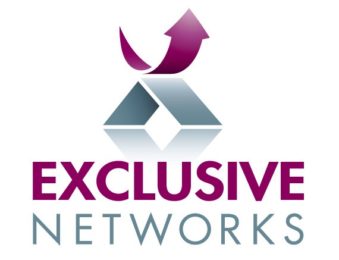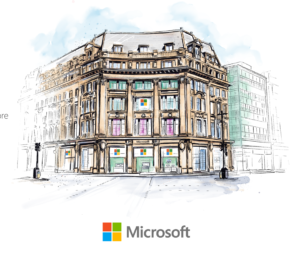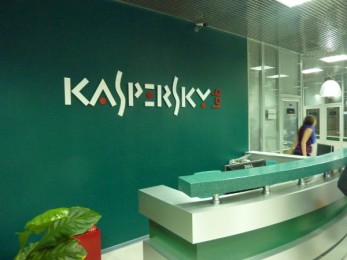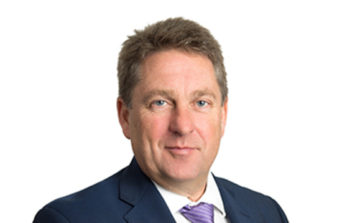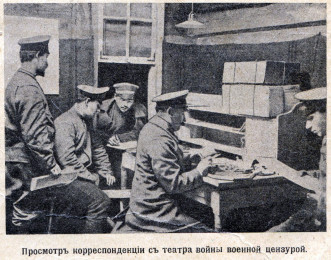 SysGroup is acquiring Truststream Security Solutions for more than £4 million.
SysGroup is acquiring Truststream Security Solutions for more than £4 million.
The buy out will be funded from SysGroup’s existing cash balance and a new revolving credit facility of £8 million provided by Santander.
For those not in the know, Edinburgh-based Truststream is a provider of security transformation services and its offering covers all aspects of cyber security from analysis and threat detection, through protection architecture and implementation, to incident response and ongoing 24/7 support and training.


